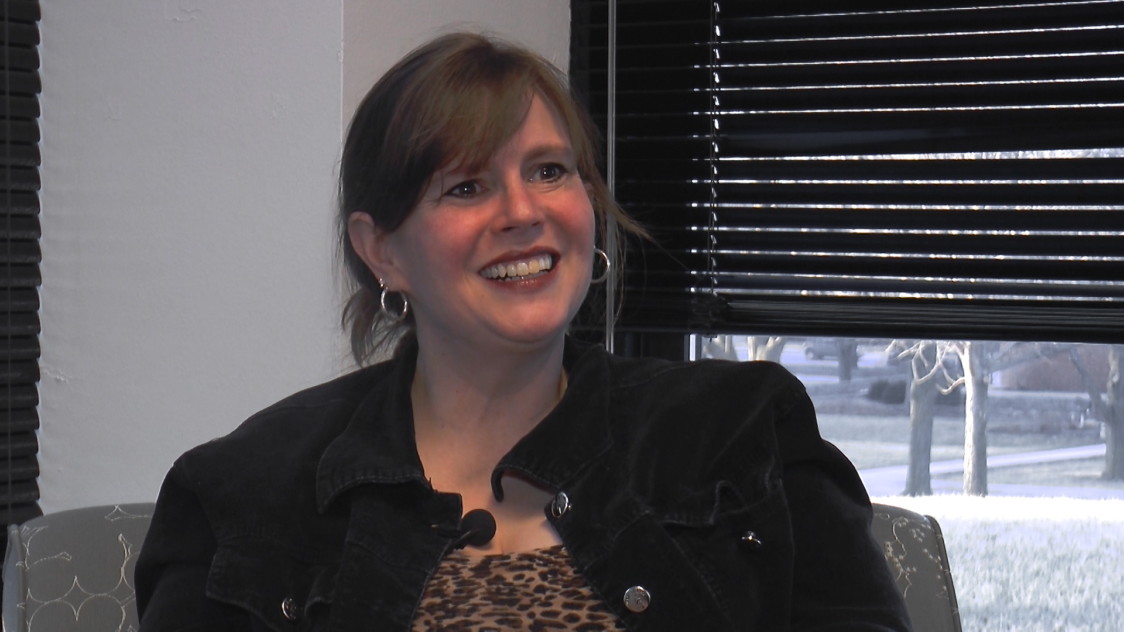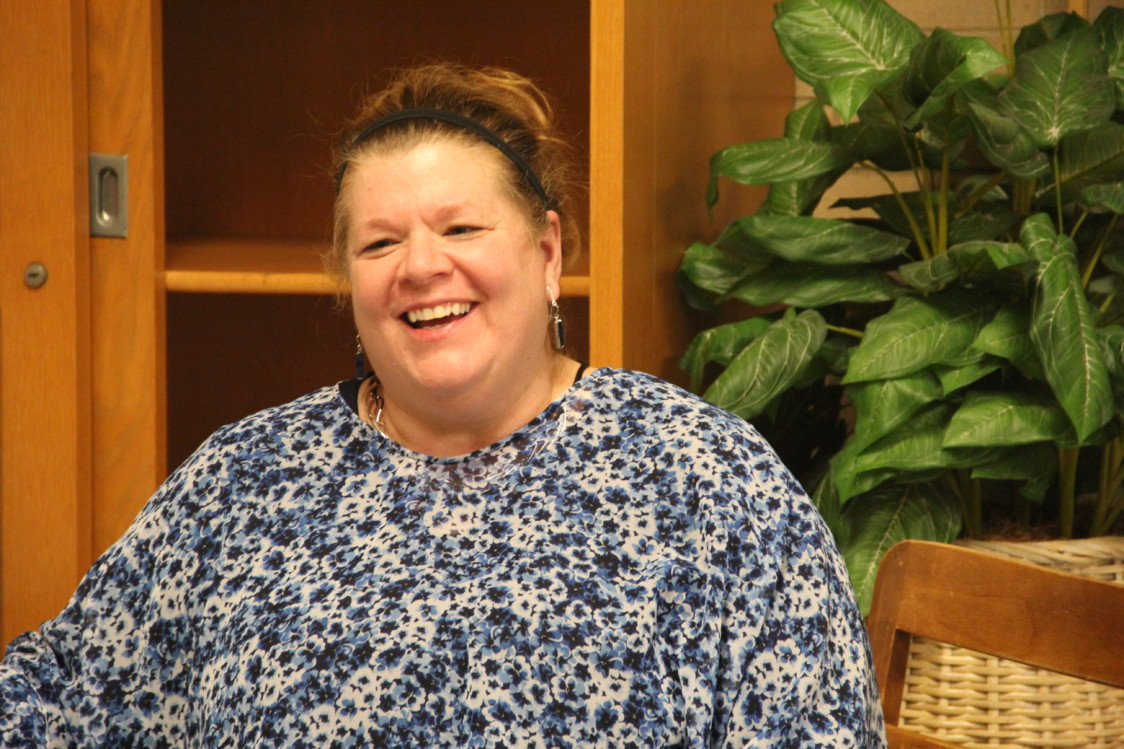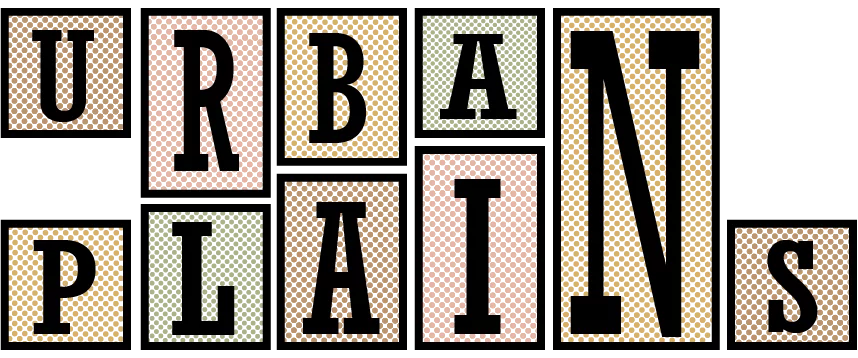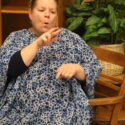Photos by Jess Lynk
Over 90 percent of deaf children in the U.S. are born to hearing parents. Of those parents, most never learn American Sign Language (ASL). Parents of deaf or hard of hearing (DHH) children are often not prepared to adapt to the needs of their kids when they are born or become deaf.
This was the case for Gretchen Brown-Waech. After becoming deaf at the age of six, her relationship with her family and her environment changed.
“My parents sometimes gestured,” Brown-Waech says. “But parents want their children to be like them. So often parents of deaf children make decisions based on what they think is best to make the child ‘normal.’”

In Brown-Waech’s case, “normal” meant that she was put in a regular classroom and expected to speak verbally and read lips to communicate. She worked one-on-one with speech teachers for most of the day and had an interpreter in some subjects. Her needs were never fully understood.
“I was smart. I was always ahead of my age group, but I also struggled with certain things, which I know now is because I have ADD,” Brown-Waech says. “Everybody thought that anything that was wrong with me was because I was deaf. If it wasn’t something they could relate to me being deaf, then it was because I was lazy or stubborn. The support I got was not the appropriate support for what was wrong with me.”
“Often parents of deaf children make decisions based on what they think is best to make the child ‘normal.’”
This led Brown-Waech to be distant from her family, and most people around her. At family dinners she would sit silently at the table, unable to understand or participate in conversation.
“I was isolated, so isolated from my family,” Brown-Waech said. “It’s kind of funny, people don’t realize that I can communicate with pretty much anybody, but they can’t communicate with me.”
This isolation is not uncommon. Doctors’ recommendations often lead parents to raise their DHH child as they would a hearing child, referred to as mainstreaming.
But some organizations are working to help parents. Hands & Voices, a national organization that works to support parents of DHH children, provides a safe space to get advice and information, and unbiased support for parents.
Susan Rolinger, a board member of Iowa Hands & Voices, is a parent of a deaf daughter.
She stressed the importance of parents being able to access unbiased information as they make decisions.
“Perhaps most challenging is helping parents understand that no choice is necessarily final,” Rolinger says. “They have the freedom to follow the lead of their child and adjust supports accordingly.”
One of the ways that Brown-Waech found support was by attending a week of camp for DHH children at the YMCA. It was her only exposure to other deaf people growing up. This week was a blessing and a curse. It gave Brown-Waech the opportunity to meet other deaf kids, but also showed her how distant she was from the deaf community without ASL. At camp, Brown-Waech met Polly Brekke, who grew up in a situation similar to her own.

“To be really honest, my parents wanted me to be hearing. They raised me to be hearing,” Brekke says. “They did not want me to be around deaf people. They thought deaf people were not smart, not capable; they can’t work or do anything. And their view of deaf people was enforced onto me. Even though I knew in my heart, it is not true.”
Brekke knew that there was more for her outside of her Iowa hometown. She applied to Gallaudet University in Washington D.C., which is the only private university dedicated to educating deaf and hard of hearing people.
“When I decided to go to Gallaudet, my mom did not take it well,” Brekke said. “She was afraid that she would lose me to the deaf world. But I knew myself, and I knew going to Gallaudet would change me for the better.”
At Gallaudet, Brekke studied to be a counselor for DHH children. She improved her signing, and loved how easily she could communicate with everyone around her. She was liberated from the tiring work of trying to read lips and the frustration that came when she could not understand what people were saying.
DHH individuals may choose to lip read, speak, write or sign, and it may change based on the setting. Each person’s experience is different.
“I really want all DHH kids to be able to know what people are saying around them. For me, I feel like signing provides fast, visual access to what’s being said all the time,” Brekke says.
She now works full time as the dean of students for deaf and hard of hearing children for Des Moines schools. She also teaches ASL and deaf culture classes at Drake University. She wants parents to know that the more they can learn about deaf people and culture, the better parents they will be to their DHH child.
“If you as parents don’t learn to communicate with your children, they won’t be a part of your family. And kids need their family.”
“If you don’t know how to communicate with your child, you need to learn. They need to grow up with developed language,” Brekke says. “I really want all kids to have equal language access in their environment. You have to figure out what that is for your kid. You don’t have to use signing, but it really helps.”
Brown-Waech also lives and works in Des Moines. She hopes to help encourage hearing parents to make their kids feel included by listening to experts like Brekke and herself.
“If you as parents don’t learn to communicate with your children, they won’t be a part of your family. And kids need their family,” says Brown-Waech. “Hearing parents don’t realize that they have no idea what it’s like to be a deaf person. So find the experts: Those experts are deaf adults who have experienced it.”

